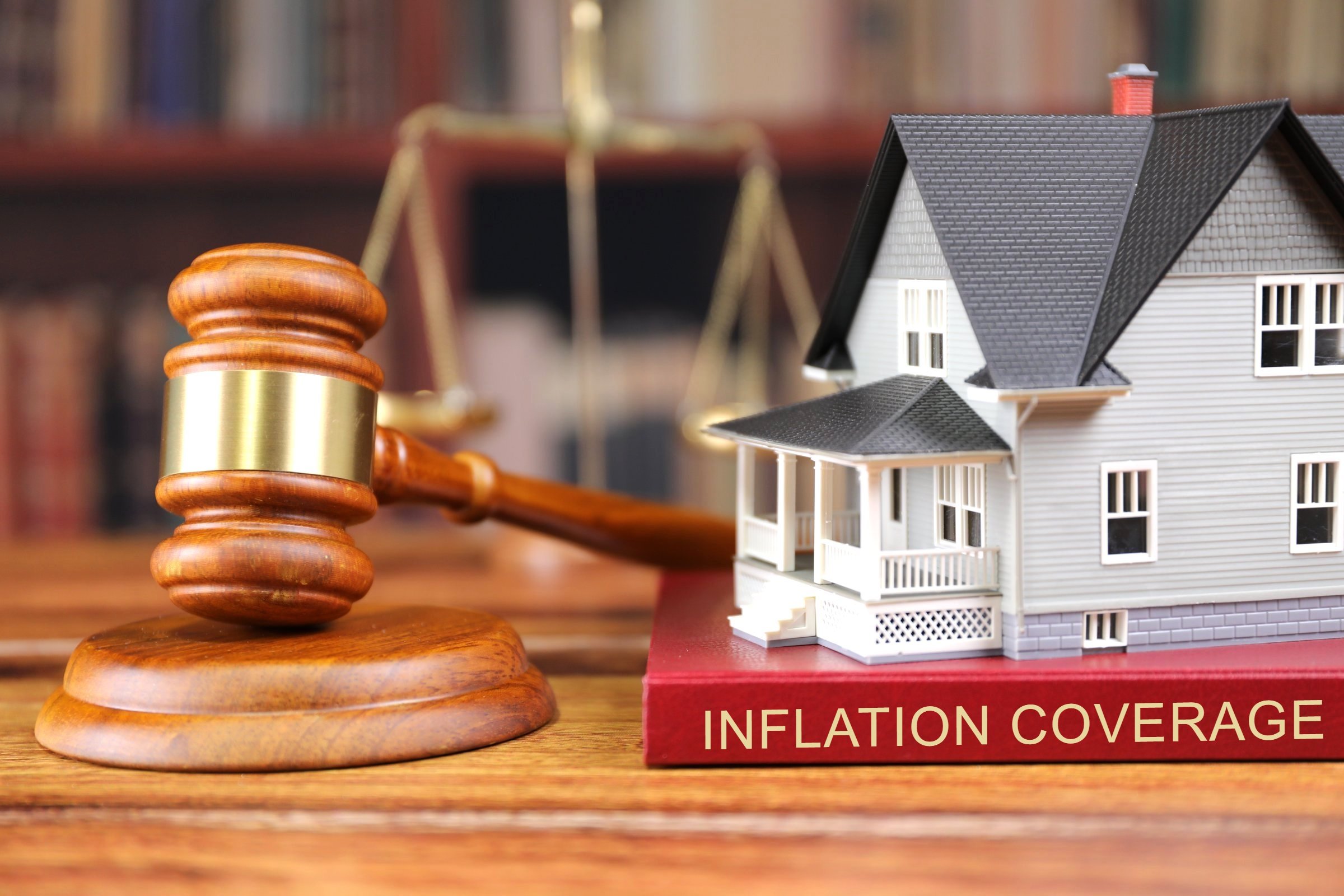-
Low income earners spend a larger percentage of their incomes on necessities, they have a lower power to fight against inflation when it comes, this is more largely because most of the things they spend their money on like food, commodities, and energy, cannot escape the palms of inflation when it happens.
-
Inflation affects debts as well inflation and interest tend to move in a similar direction, so with inflation, the amount you may be paying as interest would be much higher than you got it.
The causes of inflation can be categorized into three groups; demand-pull, cost-push, and inflation expectations. Demand-pull inflation is as a result of the demand side of the economy playing it's part. It happens when the total demand for goods and services increases above the available product, excessive demands places an upward pressure on prices across a broad range of goods and services, and ultimately creating an increase in inflation.
The demand for goods and services will significantly increase with supply, this allows organizations the room to open more doors to employment as there is a need for more production to meet the demands of the market. Alternatively, when market demands reduce, fewer staff will be required, which means more workers are going to be searching for jobs and wages may even be reduced, placing a strong pressure on household incomes, the prices of goods and services, and general consumer spending.
Cost-push inflation happens when the average supply of goods and services that can be produced in the economy significantly falls. A fall in supply is usually caused by an increase in production cost. In a situation of a fall in aggregate supply, and aggregate demands remain fixed, then it creates an upward pressure on prices and inflation. When there is an increase in the prices of imported or domesticated inputs, the production cost is pushed in an upward direction, this in turn makes the production company produce a lower amount of output while raising the existing prices of goods and services. A disruption to supply can also cause cost-push inflation.
Inflation expectations is the third reason why inflation happens, and this is triggered by certain belief's that households have in relation to an increase in future prices. Inflation expectations has a strong price to influence the actual prices of goods and wages demanded by workers too.
Posted Using INLEO
